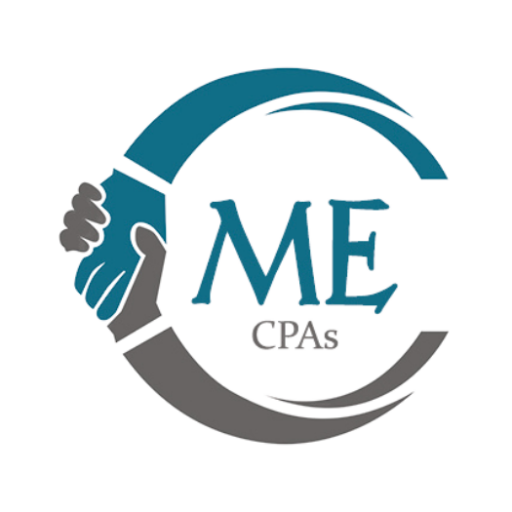The Canada Border Services Agency has an information sharing agreement between Canada and the United States that allows border officials to exchange specific passport information and enforce residency regulations. Each day that a Canadian spends in the US is automatically recorded by the American Department of Homeland Security.
An alien individual is treated as a resident of the US if they meet what is known as the substantial presence test. If the sum of the following adds to 183 days or more, an alien would be deemed to be a resident of the US:
- 100% of the days for the current year
- 1/3 for the first preceding year
- 1/6 for the second preceding year
The result of this is that as long as an alien does not exceed 121 days in the US per year, they will not be caught under the substantial presence test. It should also be noted that an individual would have to be present for at least 31 days during the current year for this to apply.
What happens if you exceed 121 days in a year?
Canadians are able to file a Closer Connection Exemption Statement (Form 8840) if they have stayed in the US for greater than 122 days but less than 183 days in the current year if they can demonstrate that they have a closer connection to Canada than to the US. The form asks what country is the individual’s tax home for the current year, in what country does the individual pay tax, and if they have filed a tax return in that country. It goes on to ask the location of such things as their principal home, family, bank accounts and vehicle, to name a few. An individual must also disclose from which country the majority of his or her income is derived, what type of US income was earned in the current year, if applicable, and if they qualify for a national government sponsored health plan.
If an individual can demonstrate that they have a closer connection to Canada, Form 8840 can be filed every year to avoid the US individual tax return filing obligation otherwise imposed. Not exceeding 183 days in a year is critical for this exemption. The Form is due by June 15 of the following year, and must be filed on an individual basis, not per family.
What does this mean for Canadians who spend a substantial amount of time in the US?
It is very important to track all the days that you are present in the US, as border security now has the ability to track this as well. If you are present in the US on any day for any amount of time, that counts toward the 183 day threshold. Canadians who live near the border may be incurring more days than they realize, as going to the US for a few hours for a shopping trip or to fill up their gas tank will count as a full day.
Exceptions to this requirement include regular commuters, days in transit for less than 24 hours (a plane connection, for example) or days that the individual was unable to leave the US because of a medical condition that developed while in the US.
We recommend that you keep a log of the days you entered and exited the US, for a minimum three year period. You are unlikely to have difficulty at the border if you can demonstrate that your visits are less than 122 days. If you are a filer of the closer connection Form 8840, you should have it with you when you cross the border to show you are within your rights as a Canadian.
